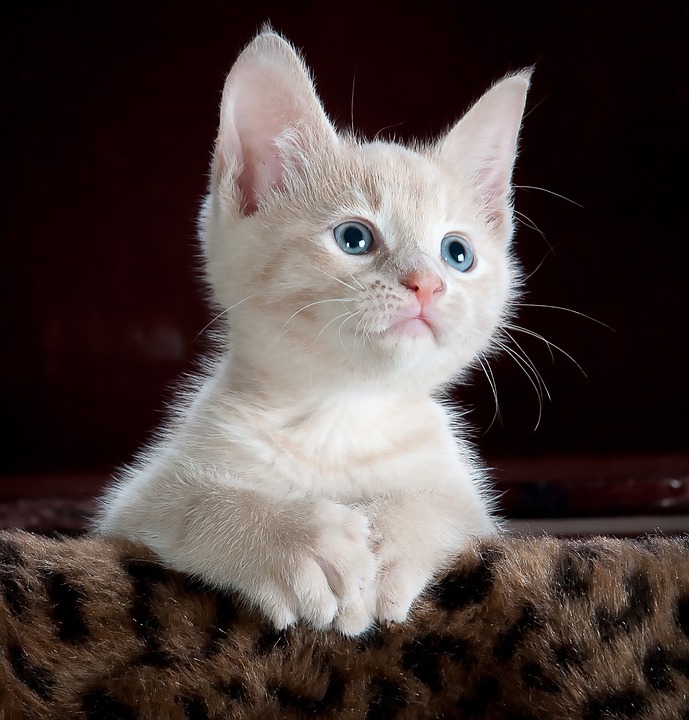Hydration for Pet Care
Hydrating Pets: The Key to Their Health and Happiness
Hydrating Pets: The Key to Their Health and Happiness
Introduction
As pet owners, we always want the best for our furry companions. We strive to provide them with a loving environment, a balanced diet, regular exercise, and proper medical care. However, one crucial aspect that is often overlooked is the importance of proper hydration for our pets. Just like humans, dogs, cats, and other pets require an adequate amount of water to stay healthy and happy. In this article, we will explore why hydrating our pets is essential and some tips to ensure they stay well-hydrated.
The Significance of Hydration
Water makes up a significant portion of a pet’s body, and its importance cannot be overstated. Hydration is vital for several physiological functions, including maintaining body temperature, aiding digestion, and eliminating waste through urination and defecation. It also plays a crucial role in the overall health and well-being of our pets.
Tell-Tale Signs of Dehydration
It is essential for pet owners to be aware of the signs of dehydration. Identifying dehydration early on can ensure prompt intervention and prevent more severe health issues. Some common signs of dehydration in pets include:
-
- Loss of skin elasticity
-
- Dry or sticky gums
-
- Lethargy or depression
-
- Increased heart rate
-
- Panting excessively
-
- Dark, concentrated urine
Tips for Ensuring Proper Hydration
Now that we understand the significance of hydration for pets, let’s explore some simple yet effective ways to ensure they stay adequately hydrated:
1. Always Provide Fresh Water
Make sure your pet has access to fresh, clean water at all times. Regularly check their water bowl and refill it with fresh water multiple times a day, especially during hot weather or after physical activity.
2. Consider the Right Bowl
Choosing the right bowl for your pet’s water can make a difference. Some pets prefer stainless steel bowls, while others may prefer ceramic or glass. It’s best to avoid plastic bowls as they can harbor bacteria and cause allergic reactions in some animals.
3. Offer Wet Food
Wet food can contribute to your pet’s overall water intake. If your pet primarily eats dry food, consider adding some wet food to their diet. Not only does wet food help with hydration, but it also provides additional nutrients.
4. Use Water Fountains
Some pets are naturally attracted to flowing water. Water fountains designed for pets can encourage them to drink more. The sound and movement of water can pique their curiosity and make them more likely to drink regularly.
5. Incorporate Moisture-Rich Snacks
Offering hydrating snacks, such as watermelon, cucumber, or ice cubes, can be a fun and refreshing way to keep your pets hydrated. However, always make sure that the snacks are safe for your specific pet and avoid harmful ingredients.
6. Encourage Regular Water Breaks
If your pet is engaged in physical activities or spends a lot of time outdoors, remember to provide regular water breaks. Offer them water every 30 minutes to an hour, ensuring they stay adequately hydrated during playtime or exercise.
Frequently Asked Questions (FAQs)
Q: How much water should my pet drink every day?
A: The daily water intake for pets varies depending on factors such as size, activity level, and environmental conditions. As a general guideline, cats typically need 3.5-4.5 ounces (100-130 milliliters) of water per 5 pounds (2.3 kilograms) of body weight, while dogs typically require 1 ounce (30 milliliters) of water per pound (0.45 kilograms) of body weight.
Q: Can I give my pet flavored water?
A: It is generally recommended to avoid flavored water for pets. Some flavorings, such as artificial sweeteners, can be harmful to animals. If you are concerned about your pet’s water intake, try offering them plain water at different temperatures or consider using a pet-friendly water additive recommended by your veterinarian.
Q: What should I do if I suspect my pet is dehydrated?
A: If you notice signs of dehydration in your pet, you should take immediate action. Offer them fresh water and encourage them to drink. If they are reluctant to drink or show other concerning symptoms, it is advisable to consult your veterinarian for a proper evaluation and guidance.
Q: Are there any medical conditions that can affect my pet’s hydration?
A: Yes, certain medical conditions can impact your pet’s hydration levels, such as kidney disease, diabetes, or gastrointestinal issues. If your pet has a pre-existing medical condition, it is essential to work closely with your veterinarian to ensure they receive the proper amount of water and any necessary additional care.
Conclusion
Just like humans, proper hydration is vital to the health and well-being of our pets. By ensuring our pets have access to fresh water, incorporating moist food, and considering other hydration strategies, we can help them lead healthier and happier lives. Paying attention to their water intake and promptly addressing any signs of dehydration can make a significant difference in their overall quality of life. Remember, a well-hydrated pet is a happy pet!

